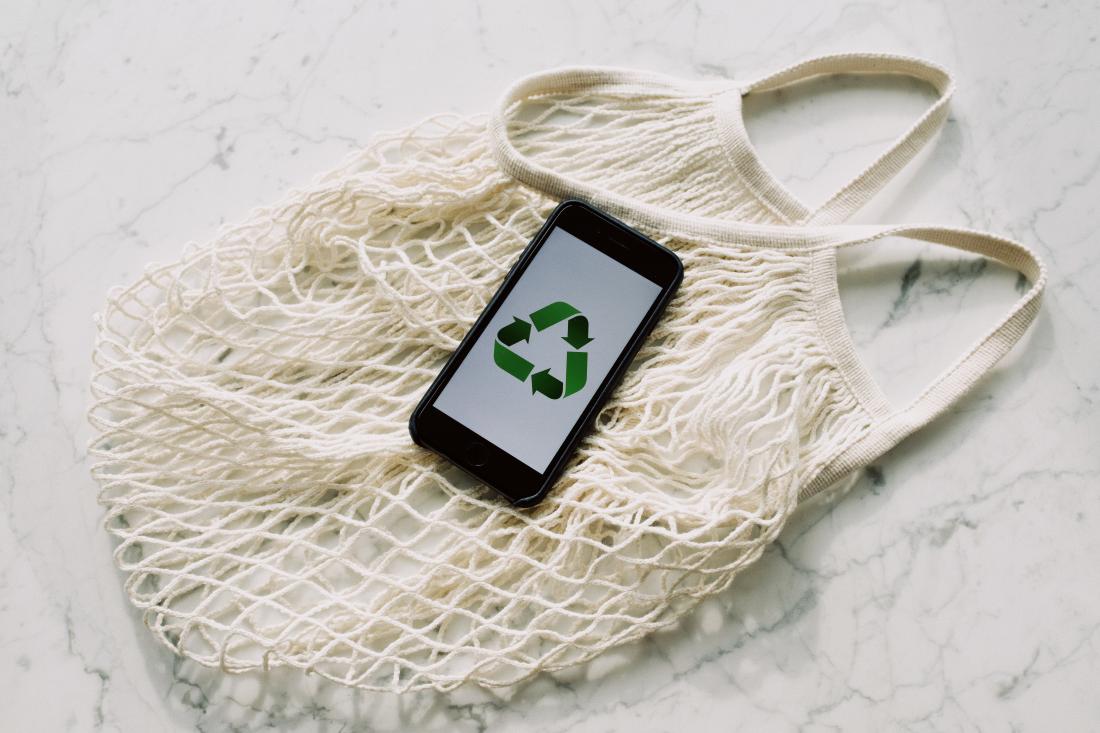GIMED: Creating second-hand products from wasted goods, a new way of tackling pollution in Calabria

‘Non si jetta Nenti’, which from Italian can be translated as ‘Nothing is thrown away’ into English, was born as a Facebook group and now aims to transform into a reuse centre. Calabria is the Italian region where this project is born, a place that for decades has experienced constant waste emergencies due to a lack of facilities and inadequate management systems. “The result of this emergency is the dumping of tons of waste on the streets of all Calabrian cities”, states Rossana Melito, the eco-designer entrepreneur behind the project.
Launched in October 2020, month when the Facebook group was created, nowadays it has more than 13.000 members residing in Reggio Calabria. But being practical, what has this community achieved so far? In a nutshell, ‘Non si jetta nenti’ has activated free exchange practices and the reuse of objects and materials between people, favouring the reduction of waste and generating collective savings.
“If we want to make this practise truly decisive in tackling waste problems, it is necessary to create a real reuse centre”, says Melito. In his own words, the creation of this reuse facility would significantly decrease the amount of reusable objects in the solid waste stream, which are typically disposed in landfills. In this line, the reuse centre would extend the life of durable goods after a cleaning and, where necessary, repairing process. The final action would be reintroducing these goods into the commercial circuit as second-hand products.
What are the environmental impacts behind this ideation-stage project? In a way, reusing not only contributes to material recycling but also reduces the quantity of waste produced. The average of waste prevention is, according to the entrepreneur, the following: 1 ton of reused goods avoids 9 tons of CO2. From a social perspective, the reuse centre will be based on different professional profiles: operators, electricians, repairer technicians, etc. It would be an opportunity to collaborate with cooperatives dealing with work integration of disadvantaged people.
How GIMED is helping them to become a successful green business?
GIMED project is helping this project thanks to the active collaboration of Fondazione Comunità di Messina, the Italian partner in charge of the training sessions in the Mediterranean country. “Thanks to ENI CBC MED program I had the opportunity to become aware of how complex it is to structure a sound project”, states Melito.
Trainers supported them in realising that not only economic aspects are relevant, but also the point of view from customers, the community and all those affected by the initiative. The interaction with other participants helped them to become more complete following a step-by-step approach. “I belive that GIMED has an innovative approach to support start-ups”, she says. According to his point of view, trainers have provided a constant and practical support through useful suggestions and tools to develop their contents, especially in finance knowledge, and make them understandable for the general public.









